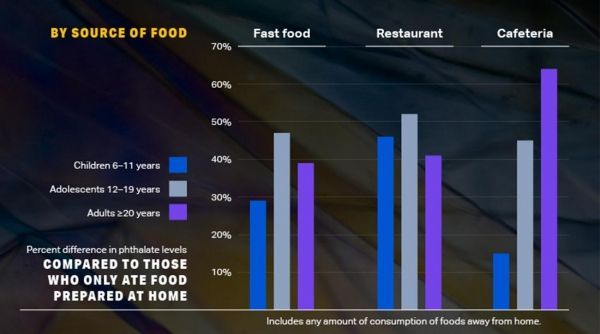
Dining out more at restaurants, cafeterias and fast-food outlets may boost total levels of potentially health-harming chemicals called phthalates in the body, according to a study out today. Phthalates, a group of chemicals used in food packaging and processing materials, are known to disrupt hormones in humans and are linked to a long list of health problems.
>> Read the Full Article
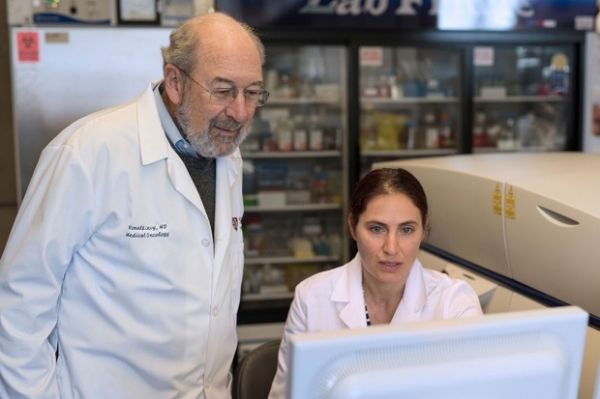
Injecting minute amounts of two immune-stimulating agents directly into solid tumors in mice can eliminate all traces of cancer in the animals, including distant, untreated metastases, according to a study by researchers at the Stanford University School of Medicine.
The approach works for many different types of cancers, including those that arise spontaneously, the study found.
>> Read the Full Article

China met its 2020 carbon intensity target — the amount of carbon dioxide it produces per unit of economic growth — three years ahead of schedule, according to the country’s top climate official, Xie Zhenhua. In 2017, China cut its carbon intensity by 46 percent from 2005 levels, a drop of 5.1 percent from the previous year, the state-run Xinhua News Agency reported.
Xie announced the milestone at the country’s Green Carbon Summit on Monday.
>> Read the Full Article
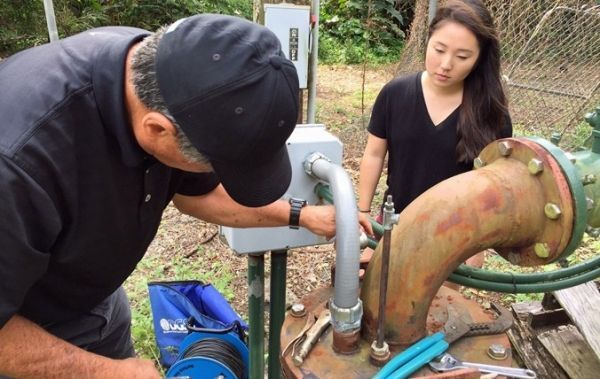
As many of Hawaiʻi‘s leading water professionals near retirement, there’s an urgent need to train a new local workforce of scientists. That’s happening at the University of Hawaiʻi at Mānoa thanks to ʻIke Wai, a large five-year project funded by the National Science Foundation that aims to understand how water moves and is captured and stored underground in Hawaiʻi. Its main study sites include the Kona and Pearl Harbor aquifer systems.
>> Read the Full Article
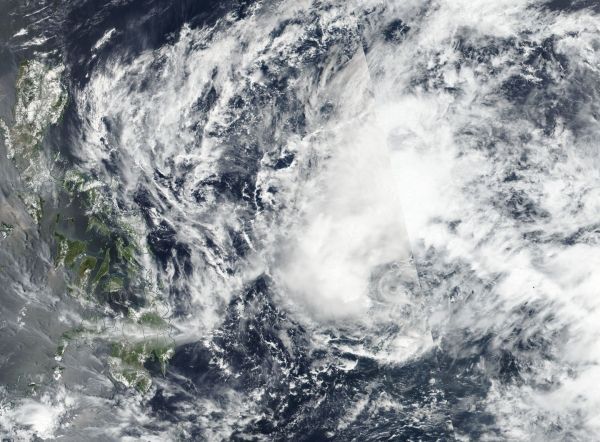
Satellite imagery showed that Tropical Depression Jelawat was still dealing with southerly vertical wind shear that was pushing the bulk of its clouds north of its center.
On March 27, Jelawat was centered over 100 miles from Yap State in the Northwestern Pacific Ocean. Yap State is one of four states in the Federated States of Micronesia. The other states are Chuuk State, Kosrae State and Pohnpei State.
>> Read the Full Article
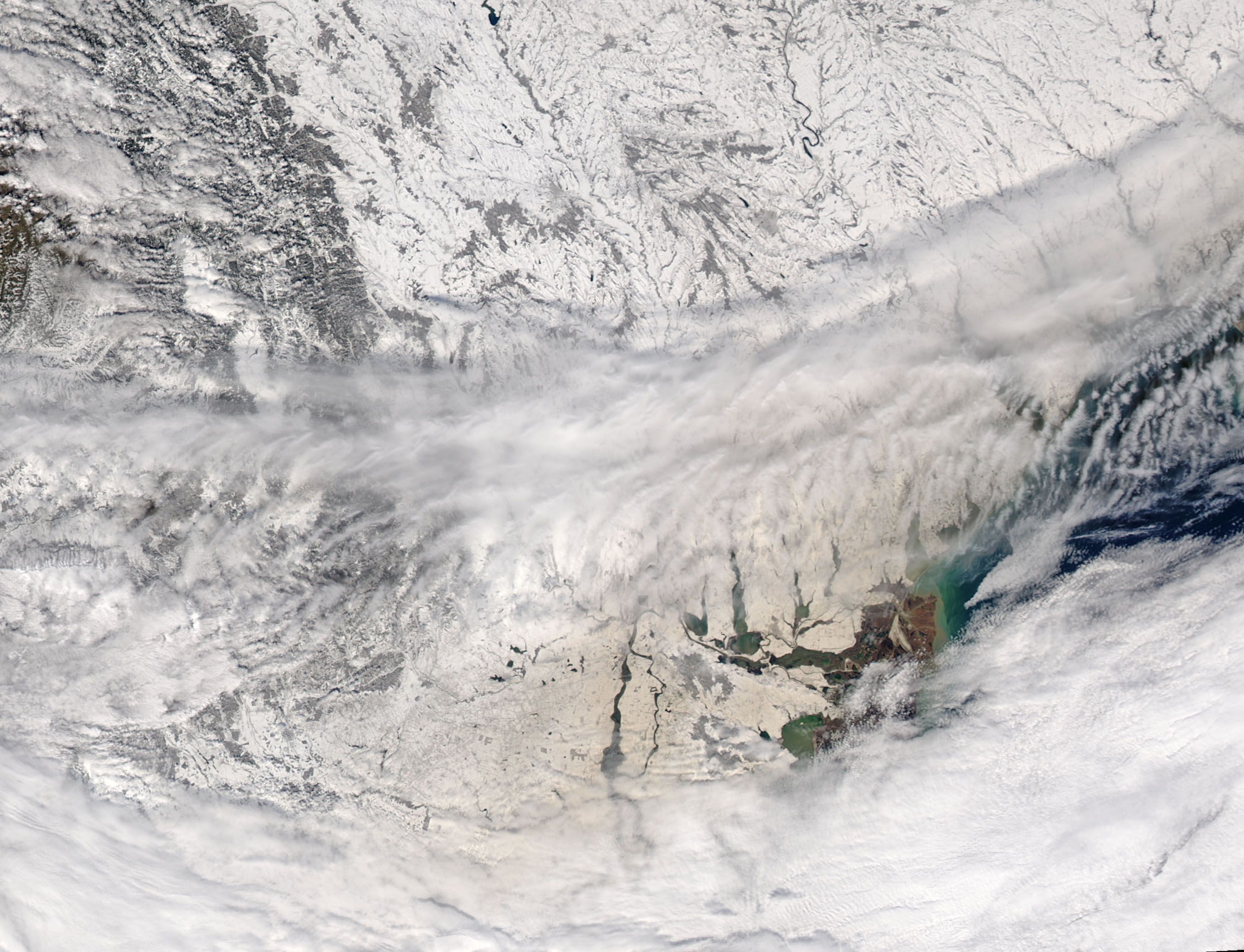
Maybe this is what it would be like to ski on Mars.
In late March 2018, the people of Eastern Europe and Russia found their snow cover had a distinctly orange tint. The color came from vast quantities of Saharan dust that was picked up by strong winds, lofted over the Mediterranean Sea, and deposited on Bulgaria, Romania, Moldova, Ukraine, and Russia. Skiers in the Caucasus Mountains snapped photos that looked like they could have come from the Red Planet.
>> Read the Full Article

Fog harvesting may look like whimsical work.
After all, installing giant nets along hillsides and mountaintops to catch water out of thin air sounds more like folly than science. However, the practice has become an important avenue to clean water for many who live in arid and semi-arid climates around the world.
>> Read the Full Article

 ENN
Environmental News Network -- Know Your Environment
ENN
Environmental News Network -- Know Your Environment